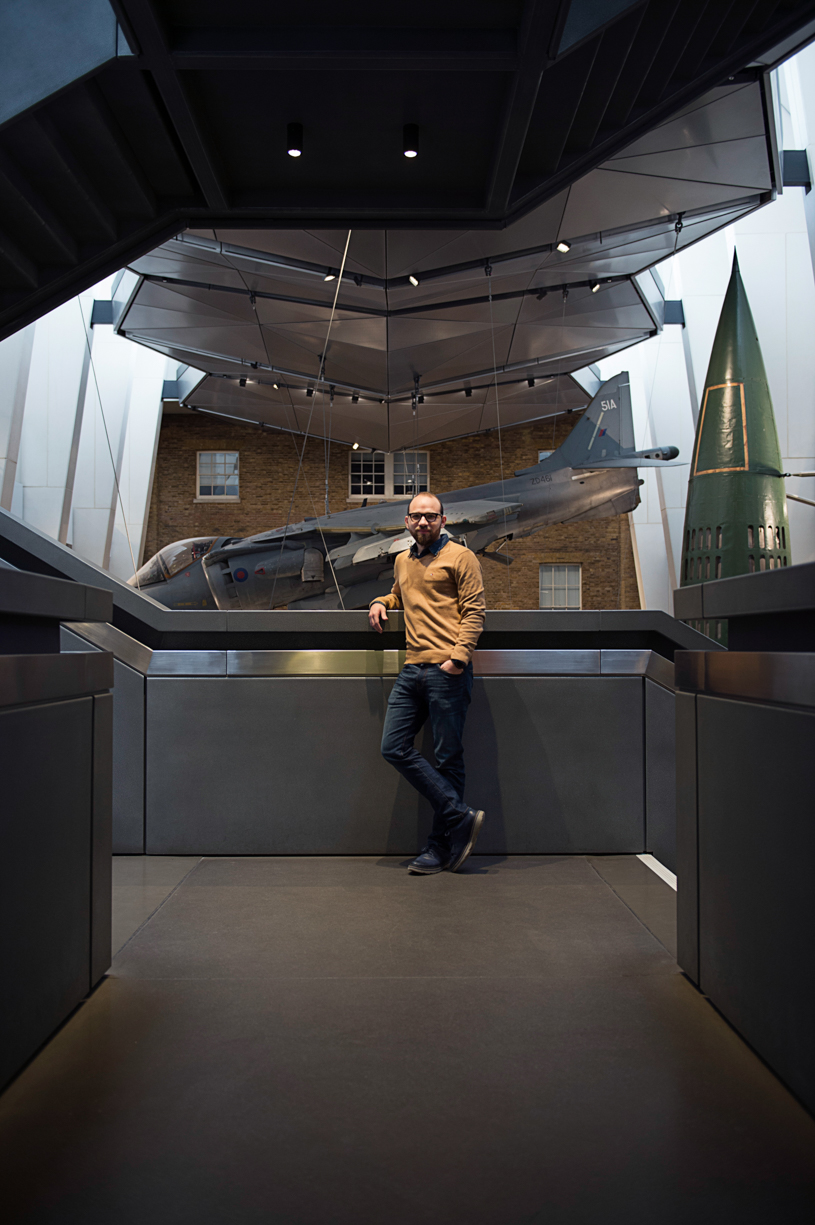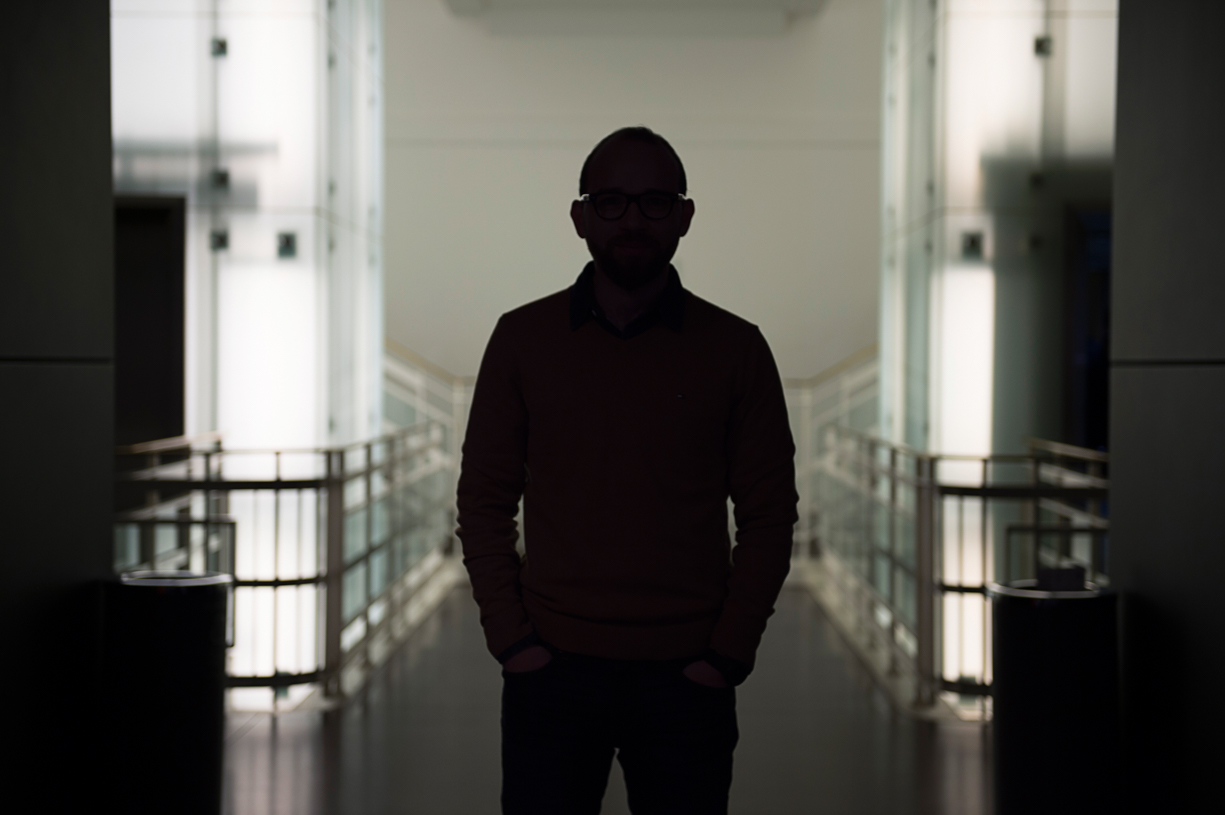Two years into the war in Syria, Abdulwahab Tahhan left his home in Aleppo for good. Before he embarked on a risky journey to the UK in 2012, he worked as a fixer in Turkey. Abdul translated for journalists from the UK, Australia and America on their hungry search for stories.
Words by Brittany O’Neill
Thinking back now, being a fixer was stupid because it was dangerous. I saw many international journalists come over and didn’t have any training in war reporting at all. Tahhan
What attracted you to becoming a journalist?
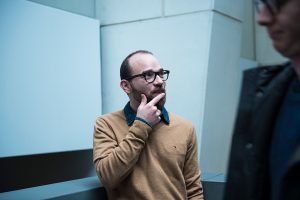
Initially when I was in Syria, I didn’t want to be a journalist because of the state’s propaganda regime which reminds me of Russia today. I hadn’t worked as a journalist before but my interest began when I worked on a film called Suffering Grasses about the refugee crisis in Turkey and I felt very involved – it was the greatest thing I have ever done to this day.
How did you find out about the Refugee Journalism Project when you were in the UK?
In 2015, I was a volunteer at Amnesty International in London. I was a voluntary researcher for Yemen and there was another girl who was also working with me doing research for Yemen and she heard about this project and I applied.
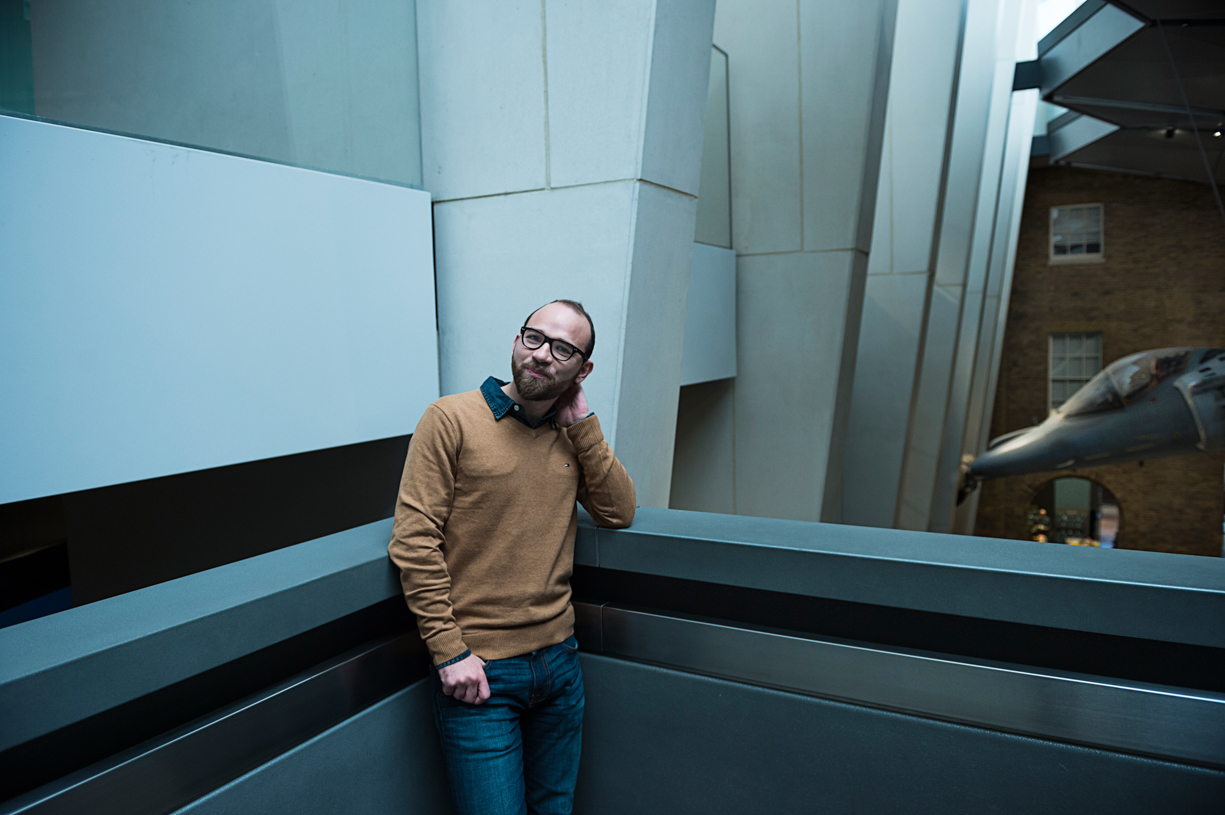
What do you do now?
I work as a full-time researcher for Air Wars (a company tracking international air war against Islamic State).
How did the RJP help you get you to where you are now?
After a few sessions into the project, Vivienne reached out to various organisations and one of them was Air Wars, who eventually asked me to volunteer for them. I had the research skills from working at Amnesty International and knowledge of Syria. If it wasn’t for RJP, I would not have known about Air Wars because they had a very low profile when I joined. We were only a team of three part-timers and now we are 14 paid staff members.
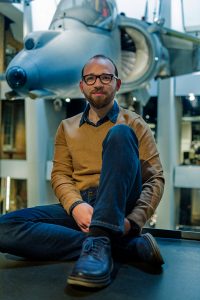
What is it like working for Air Wars?
It was really amazing when Air Wars offered me a job and I get to with people with the same vision of getting war transparency and holding power to account. We are a dynamic team and it’s an amazing atmosphere.
I will say it turned out to not what I expected. You do the research and feel positive like this information will really make a difference then you realise that it doesn’t change the situation at all and governments and armies don’t really care. But it has been extremely interesting to learn about how the research is done.
Who do you think would be suitable for this project?
The purpose of the RJP is not to find jobs for people, it was a bonus, but not a main goal. The main goal is to change the quality of reporting. If that is something that you care about then it is for you. I think it’s also important that we come in and fill in the gaps of having local knowledge these journalists can write brilliantly. Good journalist being paired up with people like us that know are country works really well I think.
Do you have any particular highlights looking back on your experience at RJP?
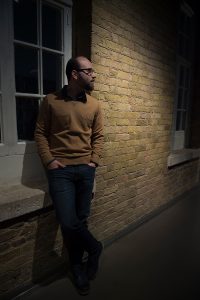
It was definitely inspiring to gain a job where I am working towards changing the quality of war reporting for the better. I have been so happy with the outcome so far. The thing I am really grateful for is coming from Syria as a refugee, you have the skillset, you know how to do the job but you don’t have the network to speak to it was RJP gave me such good chances to do that. It was really nice having someone to speak to about life and have coffee with – the mentors at RJP are amazing people.
Why get involved in the RJP?
You get to meet lots of people. You will find out about companies that only employ inside people like Air Wars – all of our researchers are locals and that is why we are so successful. RJP can lead to something bigger than you expect and you can help the war, armies and people of your country. Your country is always on the back of your mind so to do something about it feels great.
It is amazing what you can do. I have been to parliament to submit evidence, I have done talks at universities about airstrikes. Other people on the project have travelled around Europe to do talks and educate others.
Abdul will be running a lecture at LCC about distant suffering. He will use his experience to educate second-year journalism students about how this topic can be dealt with.
